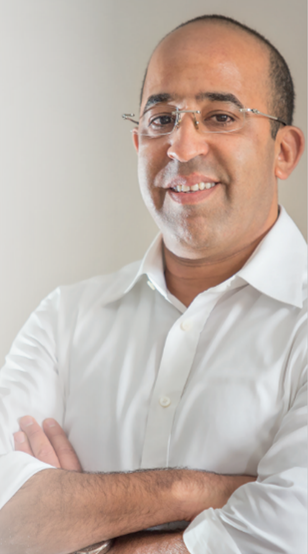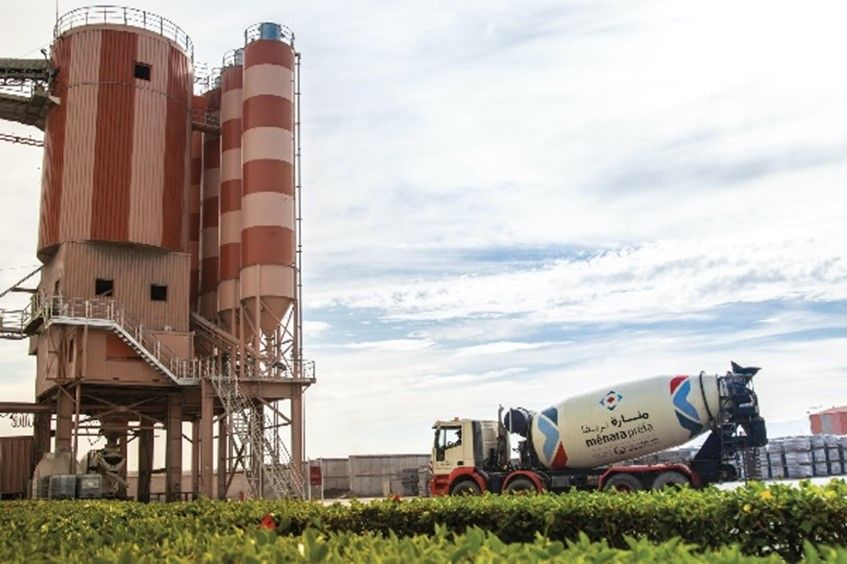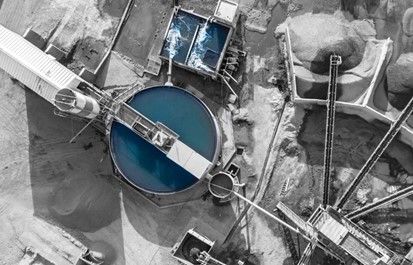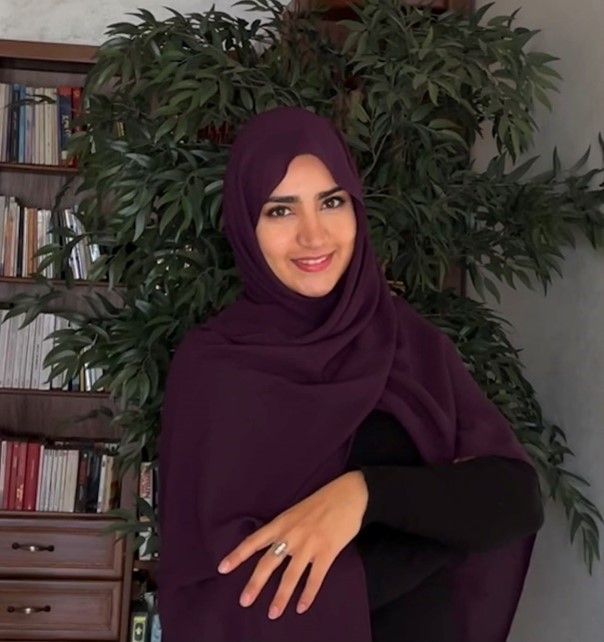Leveraging the Ten Principles, Menara Holding is Championing the Sustainable Management of Water in Morocco’s Supply Chains
Elevating SDG 6 – Clean Water and Sanitation, SDG 12 – Responsible Consumption and Production, and SDG 17 – Partnerships for the Goals
Menara Holding recognizes the critical need to preserve water resources in Morocco and protect the environment. The company is taking the lead in setting an example for sustainable management of water and the preservation of water resources in its supply chain.
With a vision to become a positive actor for change in the country, the company is leveraging on its partnership with the United Nations Global Compact to translate this vision into a fit-for-purpose strategy.
“By joining the United Nations Global Compact in May 2019, we have translated our effective CSR commitment with concrete actions relating to the main social, societal and environmental aspects” says Mohamed Zahid, Chief Executive Officer of Menara Holding.

Mohamed Zahid, Chief Executive Officer of Menara Holding.
After participating in the UN Global Compact’s SDG Ambition Accelerator, the company was able to define their targets based on international benchmarks and strengthen their business case related to their impact on the Sustainable Development Goal 6 – Clean Water and Sanitation, and SDG 12 – Responsible Consumption and Production. The company is now aligning its targets with the level of ambition required to solve the critical issue of water scarcity in the country, and they are seeing great results.
Menara Holding now recycles 1.3 million m3 of wastewater annually. This translates to a few days of water consumption for a city the size of Marrakesh. Thanks to significant investments in new technologies and imbibing new practices, the company saves 4000 litres of water every day. With measurable performance indicators for their water stewardship, Menara Holding has raised the bar for the leadership on SDG 6 and SDG 12.
Water stewardship is essential for Menara Holding’s sustainability as a business as it protects it from the long-term climate hazards caused by water scarcity. The company believes that investing in the best water management practices, working closely with partners, is the only way they can secure their sustainability while contributing to the social and economic development of the country and the achievement of the SDGs.
Using a multi-stakeholder approach, the company is also engaging with partners in the journey for water stewardship. Integrating partners in the process has seen the company increase its level of water management and environmental performance.
Today each of the seven sites of its subsidiary, Career and Transport Menara, is equipped with a wastewater treatment plant, allowing for the recovery and recycling of 80% of wastewater annually which can serve other purposes in the economy such as agriculture. The company also controls water usage by setting water consumption rationalisation objectives.

Menara Holding now recycles 1.3 million m3 of wastewater annually.
Some of the new technologies invested in for recycling, treatment, and recovery of wastewater from its stations allows the extraction of water from mud in the decanter after use. The sludge from the decanter undergoes a treatment allowing the water trapped in the sludge to be recovered through a filter press.
The installation of gutters for the recovery of rainwater and industrial water has also been introduced with a view to exploiting it in the humidification of pallets. Renovation of the company’s laboratories has also taken place by equipping it with a conservation room based on global best practice, which increases storage capacity and reduces water consumption.
Ready-mixed concrete residues are now being recovered, thanks to water treatment plants, by separating them from aggregates. These are reused for the preparation of mortar, while the waters are recycled to mix them with ready-to-use concretes. This treatment approach makes it possible for 50% of recycled water to be reintegrated into the manufacturing process.
“Through all our subsidiaries, we have ensured compliance with our commitment to the Ten Principles by placing them at the heart of our priorities, and the social and environmental requirements that we share with all stakeholders. In this sense, we continue our mission to promote the values of responsibility and exemplarity with a single goal: to build with our stakeholders, sustainable economic and social development” Zahid notes.

Investment in new technology by Menara Holding makes it possible for 50% of recycled water to be reintegrated into the manufacturing process.
The higher hierarchy of this family-owned company are strong advocates for sustainability, especially SDG 6 and 12, which has had a strong, positive impact on its sustainable investment policy and orientations. Both internal and external stakeholders have been supportive to the organization’s sustainability vision especially because it has a clear benefit for the company, the region it operates in, and the quality of life of its people. The company’s vision is also aligned with the strategies of the Ministry of Water and Equipment in Morocco and aimed at a greater impact nationally.
Menara Holding is using the UN Global Compact’s SDG Action Manager and the Communication of Progress reporting tools to accurately communicate on its progress and impact to its different stakeholders.
Salma Boudina, Manager for the UN Global Compact Network Morocco, applauds the investment that Menara Holdings has made into advancing the Sustainable Development Goals.
“Menara Holding is an inspiring example of what is possible when an organization is committed to making real change. Their focus on achieving the SDGs, especially SDG 6 – Clean Water and Sanitation, and SDG 12 – Responsible Consumption and Production is impressive. The UN Global Compact Network Morocco continues to encourage and support businesses in their commitment to the SDGs and UN Global Compact’s Ten Principles, and we intend to build a strong Network in Morocco to deliver on this,” she says.

Salma Boudina, Manager, UN Global Compact Network Morocco.
Learn more about the programs of the UN Global Compact Network in Morocco.
